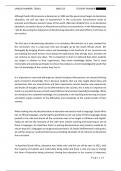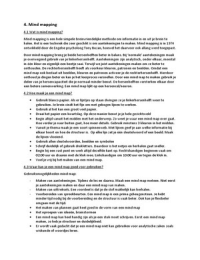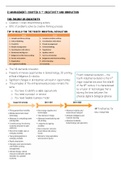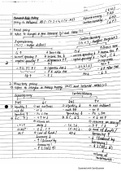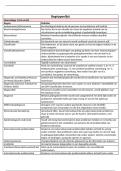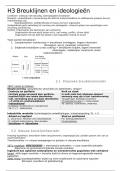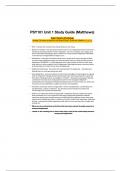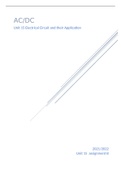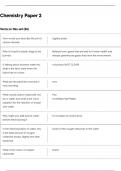Essay
ENG1515 Assessment 3
- Course
- ENG1515 - Home Language - Applied English Language For Foundation And Intermediate Phases (ENG1515)
- Institution
- University Of South Africa (Unisa)
ENG1515 Assessment 3 Completed in 2021, 80% + Essay format Do not copy essay directly, this is plagarism and will be detected by the university
[Show more]
